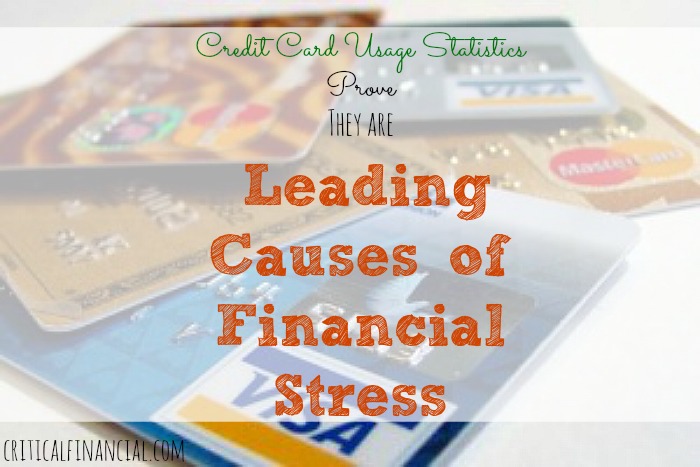
It’s hard to imagine a time without credit. Even in the most primitive of economies, shopkeepers would often extend credit to regular customers that are expecting a coming payday or harvest. Yet, consumers in the United States have taken credit to an entirely new level, and it’s those little plastic cards in our wallets that have fueled the boom.
Many Americans assume that all Westerners use credit cards, but the fact is, very few European banks will grant you a credit line of $5,000-$20,000, which is standard fare here in the States. That proves that credit card use (or over-use) is a phenomenon almost unique to the U.S.
The average American credit card debt surpasses more than $15,000, a figure that no other country comes close to matching, although a few are attempting to catch up. That adds up to an enormous $852 billion in credit card debt in our 50 states.
The good news about that debt is that it has almost certainly leveled off, declining steadily since reaching a peak in January 2009; the bad news is that many different sources are urging us to spend more so that our economy can regain its former vitality. This is the paradox of American life: we know in our hearts that whipping out a credit card every time that we want something is somewhat un-American, yet we are bombarded with messages that tell us to spend beyond our means. Even economists urge us to shop so that we can fuel a post-mortgage-crisis recovery.
Thankfully, there has been a mild backlash against using credit cards in recent years. More and more financial writers and bloggers are extolling the simple virtue of using cash instead of credit. Here are several of the advantages of this radical approach, which might not be for everyone but merits a hearing at least:
Using only cash instead of credit can eliminate causes of financial stress immensely
This might not seem likely, but when the rules are clearly established in a household, there is no more room for debate when it comes to decide if a certain purchase will be made. The proverbial cookie jar will make the decision—if there is cash inside of it, then there is ample money to pay for the item or service desired. If not, no buy.
Households that adopt this approach report much less fighting over money and reduced anxiety, thanks to no credit card bills in the mail or the inbox. Such cash-only people also report a deep-set feeling of freedom that is worth more than all of the stuff that credit cards can buy.
A cash-only system guards you against over-spending.
Quite simply, if you do not have enough money for groceries at the end of the month, the reason is that you have blown your budget somewhere else. That’s a powerful incentive to remain disciplined and stick to the budget that you have established according to your monthly income and bills.
There also is a different feeling when you hand over hard-earned cash to a cashier rather than having him/her swipe your card. You can almost feel a tinge of pain as you count out 20s or 50s for a large purchase. That brief time of counting money might be enough to persuade you to wait on the purchase that you were sure that you needed at that time.
No credit card use means that you are not betting on the future.
In former times, this seemed like a ludicrous stance. Today, however, it seems extremely wise. The recent economic slowdown triggered by the mortgage crisis several years ago has caused many Americans to slow down and not budget as if they will make more next year and the year after.
With the rate that companies are downsizing these days, it makes much more sense to spend today according to precisely what you make today, not what you anticipate you will make tomorrow.
Paying in cash generates a feeling of satisfaction that is hard to put a price on.
Cash-only consumers are honest when they say that living that way can be grueling at times. They also are quick to point out that there is a large amount of satisfaction gained when one is self-disciplined to save enough for a coveted item and then owes nothing after that purchase. Such positive feelings, which our parents and their parents knew a lot about, is almost unknown today as people charge items they can’t afford rather than save for them.
In today’s world where many rail against the fat cats in our country, one easy step to restore the equity of wealth distribution would be to discontinue use of credit cards and quit pouring billions into banks through interest payments and other fees, which enabled the nine largest card issuers to make a cool $3.85 billion in 2010, for instance. Using cash instead of credit is a piece of wisdom that continues to endure through the ages, no matter how modern an economy becomes.

